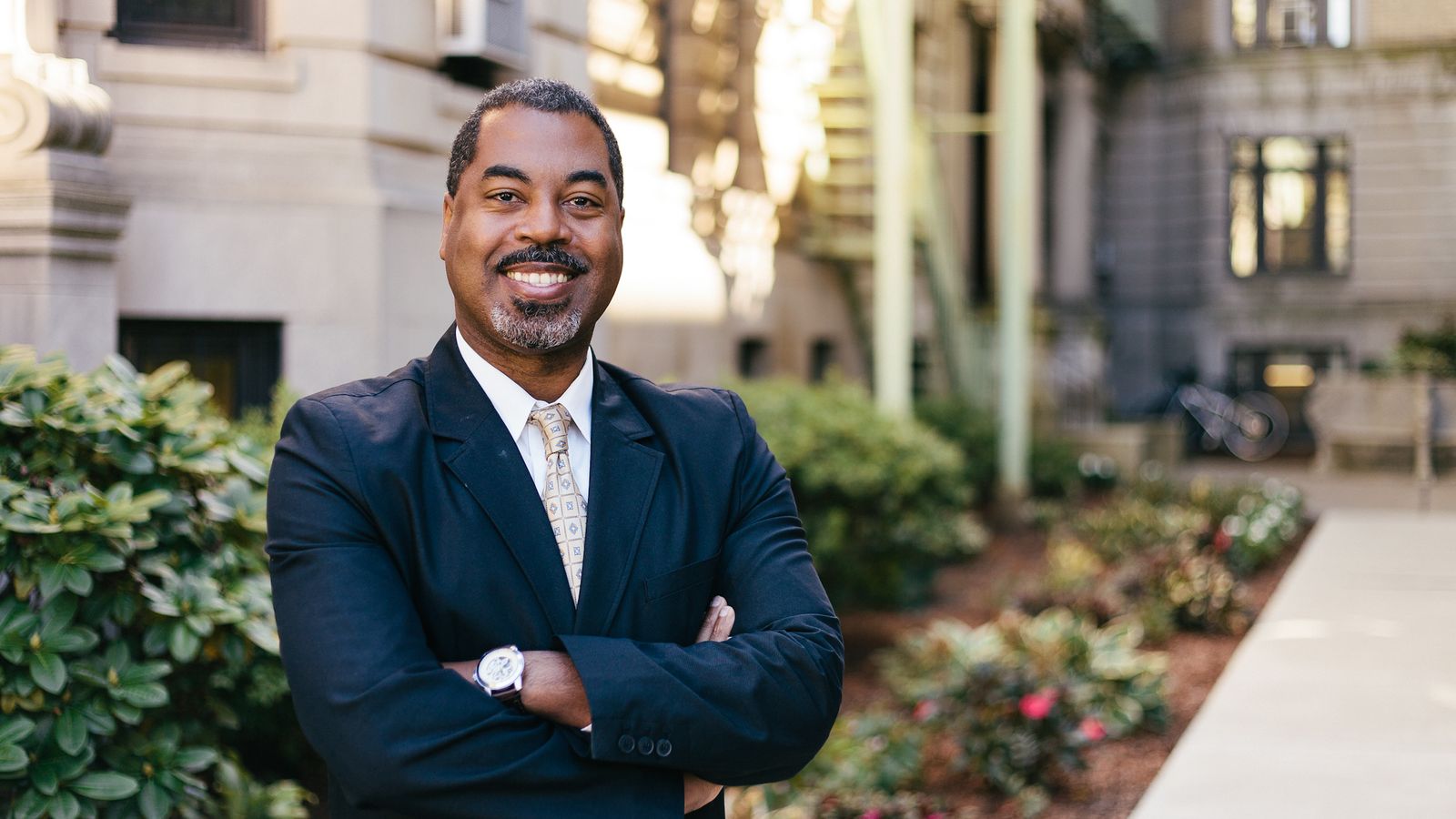TAP Magazine: Prof. Copeland Shares How to Move Beyond Guilt & Racism Denial

Guilt and racism denial is common among white people and can consciously and unconsciously lead to the oppression of people of color. Prof. Phillipe Copeland from BU School of Social Work shared his racial justice expertise with Austin Ratner, TAP magazine’s editor in chief. In the article, he provides clear steps on how every person can embrace the discomfort of racism to proactively create an anti-racist society.
Excerpt from “Beyond Guilt and Racism Denial: An Interview with Phillipe Copeland” by Austin Ratner:
“I do believe that this is a problem that can be solved, and that the means of solving the problem have practical, identifiable elements. We can learn to live differently. We can learn, for example, to not rely on denial to deal with the pain of the contradictions of the societies that we live in, and in fact engage in active means of making things better. So rather than trying to feel better about racism, we actually make the world better, which is in fact a better way of dealing with the problem.
I think at this point in our history, there are more people who want to live in a world without racism than people who want to live in a world with racism. I think it is possible to equip them with tools that will help them to create that kind of a world. And so part of it is to understand the nature of the problem clearly and to be able to recognize the obstacles that come up in the world and in ourselves to doing that work, and racism denial is one example. We can do this.”